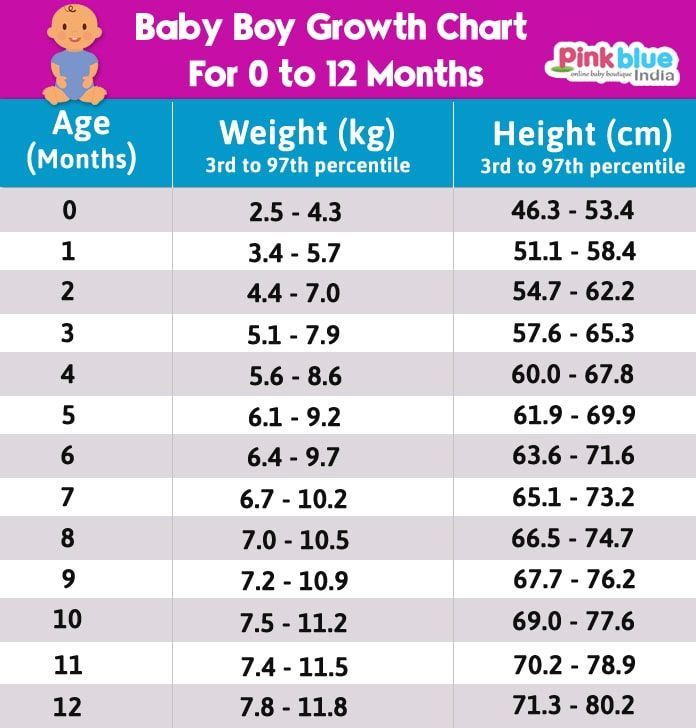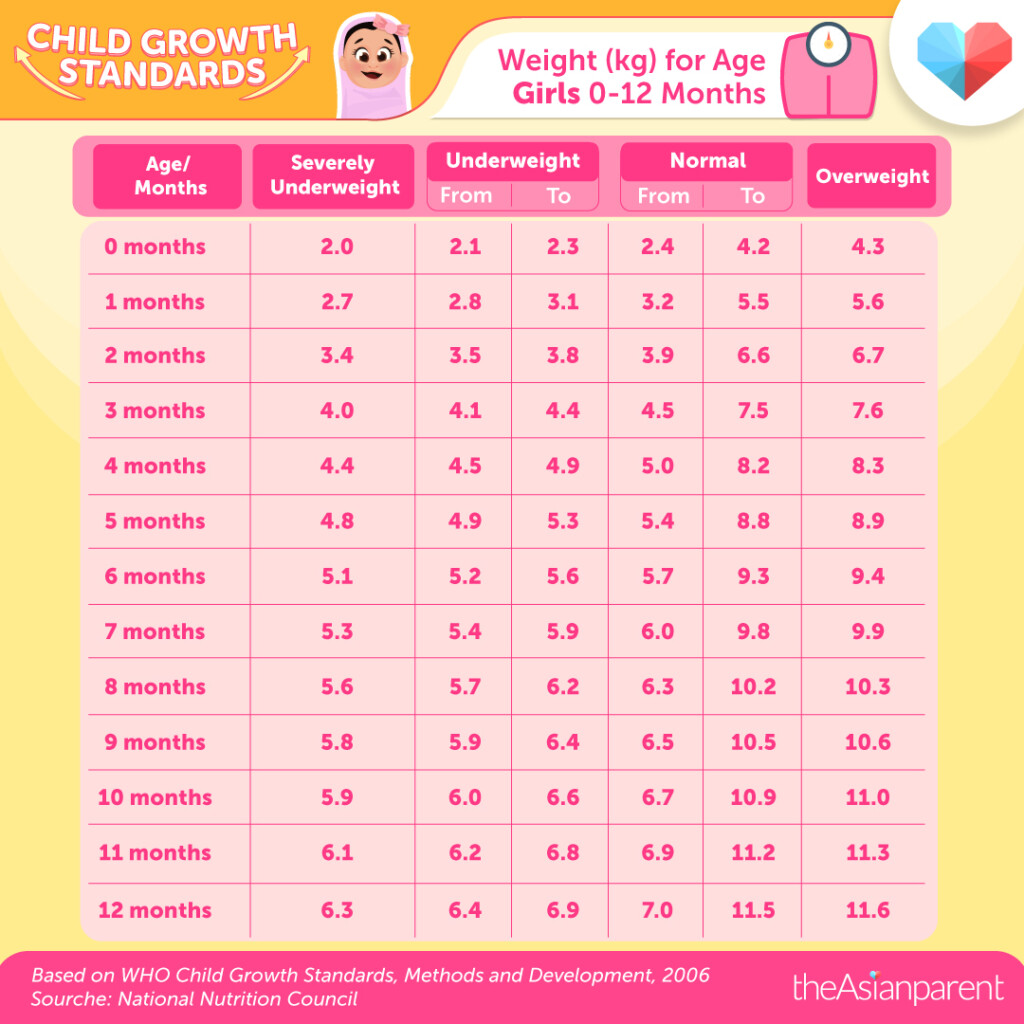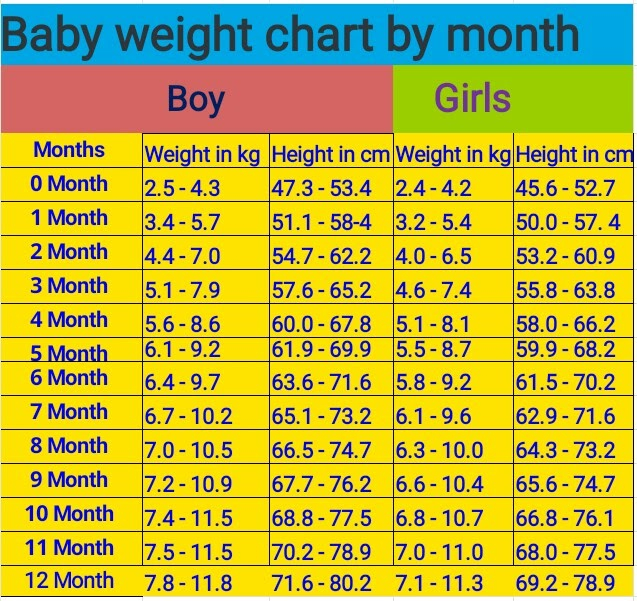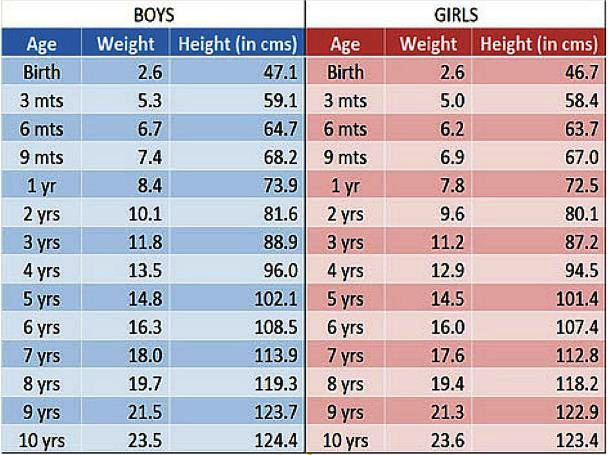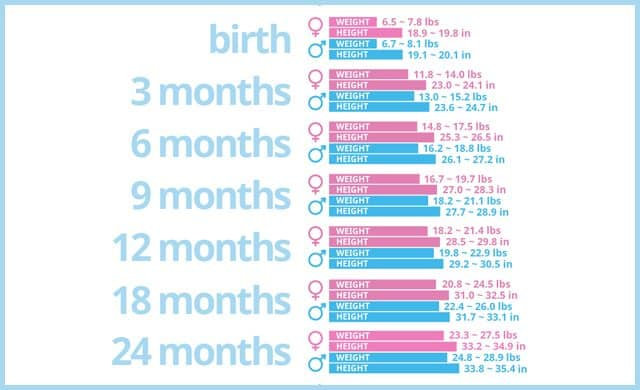As your child reaches 30 months old, you may be curious about their weight and how it compares to other children their age. Understanding where your child falls on the growth chart can provide valuable insight into their development and overall health. In general, a 30-month-old child typically weighs between 25 to 36 pounds, with boys usually weighing slightly more than girls.
It’s important to keep in mind that every child is different and may grow at their own pace. Factors such as genetics, diet, and overall health can all play a role in determining a child’s weight. If you have concerns about your child’s weight, it’s always best to consult with their pediatrician for personalized advice and guidance.
30 Month Old Weight Chart
Interpreting the Growth Chart
The growth chart is a useful tool for tracking your child’s growth and development over time. At 30 months old, your child’s weight should fall within a certain range based on their age and gender. If your child’s weight falls below the 5th percentile or above the 95th percentile on the growth chart, it may be worth discussing with their pediatrician to ensure they are growing and developing appropriately.
Keep in mind that a child’s weight is just one piece of the puzzle when it comes to their overall health. It’s also important to consider other factors such as height, body mass index (BMI), and overall development. By monitoring your child’s growth and consulting with their healthcare provider, you can ensure they are on track for a healthy future.
Tips for Healthy Growth
There are several ways you can support your child’s healthy growth and development. Encouraging a balanced diet rich in fruits, vegetables, whole grains, and lean proteins can provide essential nutrients for growth. Limiting sugary snacks and drinks can help prevent unnecessary weight gain.
In addition to a healthy diet, regular physical activity is key for promoting strong muscles and bones. Encouraging active playtime and limiting screen time can help keep your child active and engaged. By prioritizing healthy habits and monitoring your child’s growth, you can support their overall health and well-being at 30 months old and beyond.
By following these tips and staying informed about your child’s weight and growth, you can help ensure they are on track for a healthy future. Remember that every child is unique and may grow at their own pace, so it’s important to focus on overall health and well-being rather than just a number on the scale. If you have any concerns about your child’s weight or growth, don’t hesitate to reach out to their pediatrician for guidance and support.
Download 30 Month Old Weight Chart
Toddler Weight Gain Chart Baby Weight Chart Is Your Baby On Track
Baby Weight Chart By Month In Kg
9 Month Old Weight Chart Vrogue co
30 Month Old Height Weight Chart Ponasa
